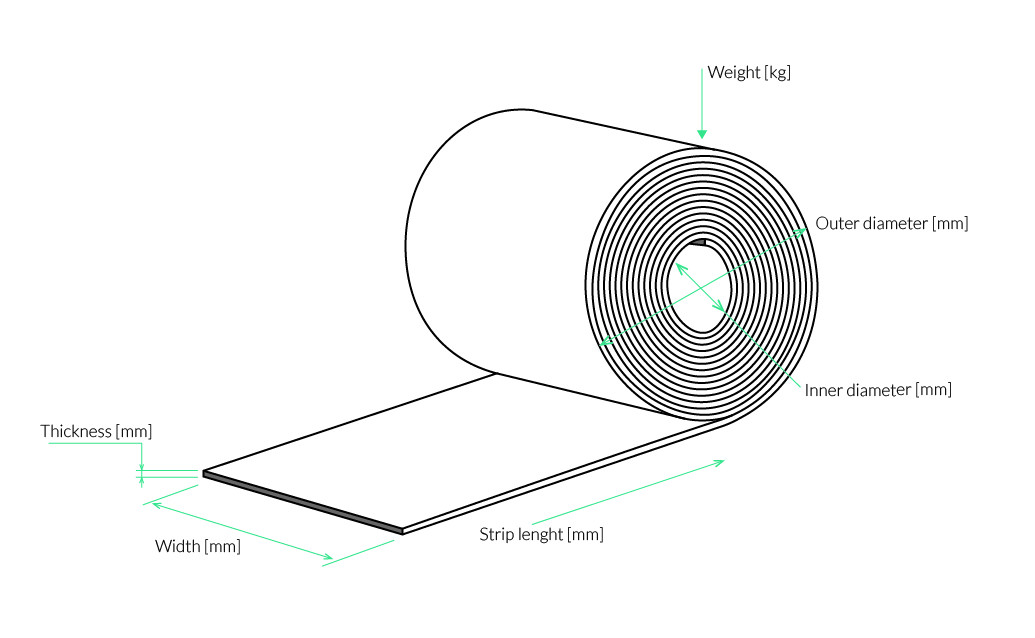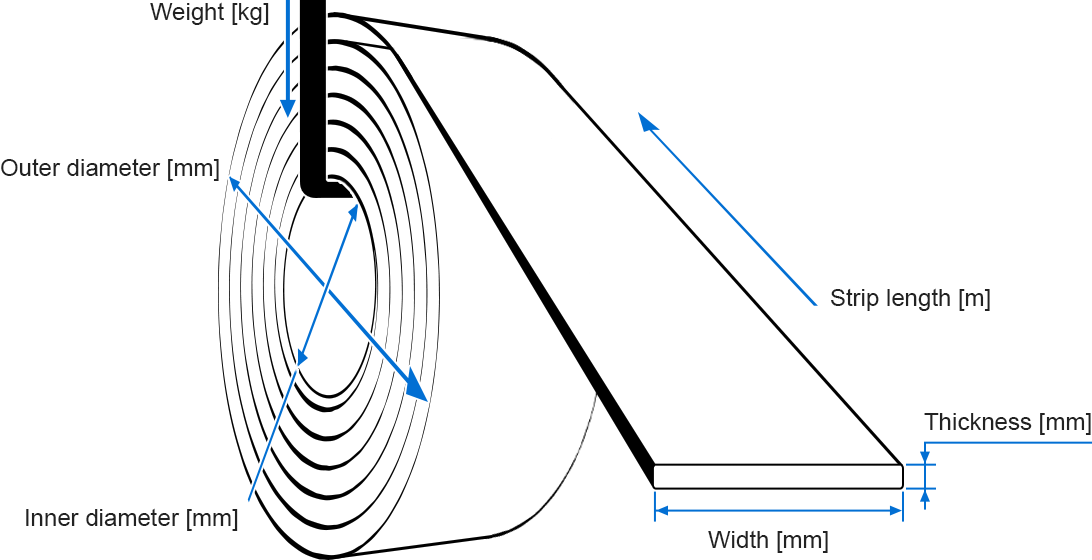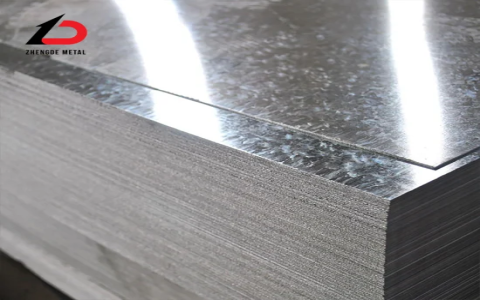Alright, let’s talk about figuring out how much them big rolls of stuff weigh, you know, like them metal coils and such. I ain’t no fancy engineer, but I know a thing or two about heftin’ things around. They call it “coil weight formula,” sounds all highfalutin, but it ain’t that hard once you get the hang of it.
So, first thing’s first, you gotta know how wide that coil is. You measure that across, see? Like how wide a road is, but for your coil. They use fancy words like “millimeters” and such, but you can use inches or whatever you’re used to. Just keep it all the same, ya hear?


Then, you need to know how thick that coil is. You know, like how thick a pancake is, but for metal. Again, they got their fancy ways of measurin’, but you just get a good measurement, that’s all that matters. And don’t forget the diameter, that’s the distance across the whole roll, like going through the middle of a pie. You gotta measure that too.
Now, here’s where it gets a bit tricky, but stick with me. You gotta know what that coil is made of. Is it steel? Is it aluminum? Is it some other kinda fancy metal? Each one weighs different, see? They call it “density,” but it just means how heavy somethin’ is for its size. You can usually find this number somewhere, maybe on the side of the coil or in a book.
- Width of the Coil (W): How wide across the coil is.
- Thickness of the Coil: How thick the material is.
- Diameter of the Coil: The distance across the whole roll, through the middle.
- Material Density: How heavy the material is for its size.
Alright, so you got all your numbers, now what? Well, there’s a kinda formula, but it ain’t as scary as it sounds. It goes somethin’ like this: you take the diameter and you multiply it by itself, then you multiply that by 0.7854. Don’t ask me why, it’s just some kinda magic number them smart folks figured out. Then you take that number and multiply it by the width and the thickness and that material density number we talked about earlier. And that there, that’s your weight. It’ll tell you how much that coil weighs, give or take a little bit.
Now, some folks use fancy calculators and computers for this, but you can do it with a regular calculator, even a pencil and paper if you’re good at figurin’. The important thing is to be accurate with your measurements, you know? If you mess up the measurements, you’ll mess up the weight. And that can be a real problem if you’re tryin’ to load it on a truck or somethin’. You don’t want to overload your truck, that’s for sure.
Why is figuring out this weight thing so important, you ask? Well, imagine you’re tryin’ to move a big ol’ coil. You gotta know how heavy it is so you can use the right equipment, right? You wouldn’t want to try and lift somethin’ too heavy with a puny little crane. And if you’re shippin’ it somewhere, you gotta know the weight so you can tell the truck driver how much he’s carryin’. It’s all about safety and makin’ sure things get where they need to go without any trouble.
So, this here “coil weight formula” ain’t nothin’ to be scared of. It’s just a way of figurin’ out how much somethin’ weighs, usin’ some simple measurements and a little bit of math. And it’s important for all sorts of things, from movin’ stuff around to makin’ sure things are safe. So next time you see a big ol’ coil, you’ll know a little bit more about how they figure out how much it weighs.


Remember, get your width, get your thickness, get your diameter and don’t forget the material density. Then just punch them numbers into that formula. And if you get confused, don’t worry, just ask someone who knows. There’s always someone around who can lend a hand. It ain’t rocket science, but it’s important stuff to know if you’re workin’ with these big metal coils.
Tags: [coil weight, weight calculation, metal coil, coil formula, material density, coil width, coil diameter, coil thickness, weight estimation, industrial calculation]



